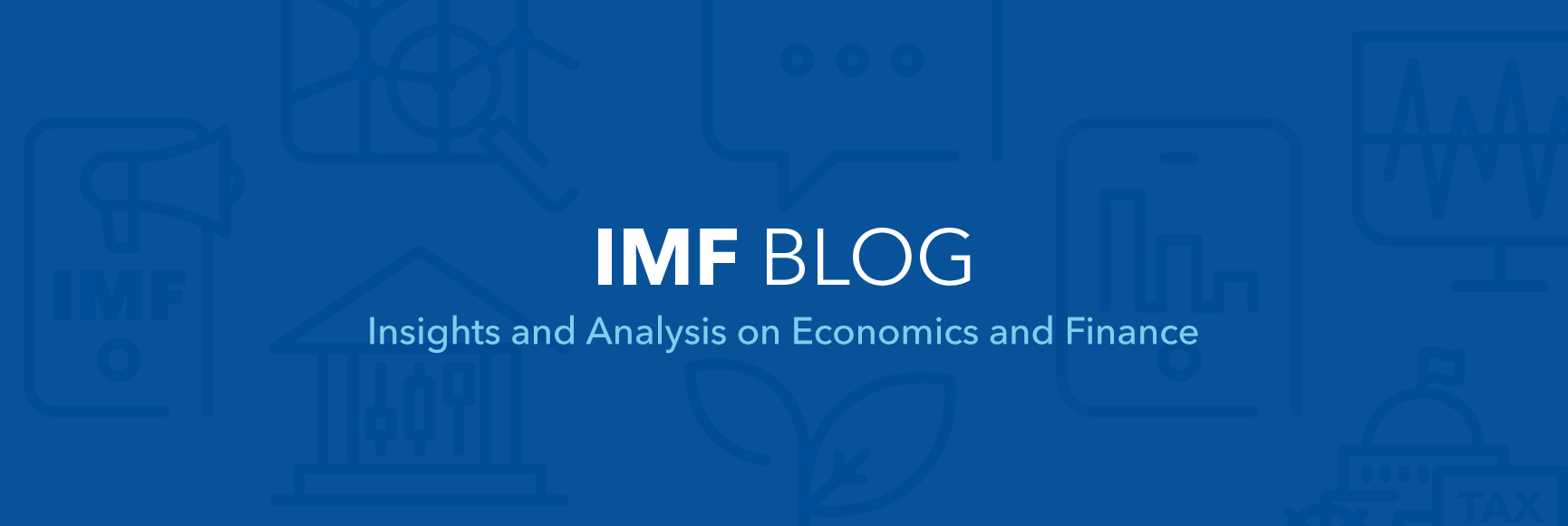(Version in عربي)
I have just returned from Saudi Arabia, where I was welcomed with exceptional warmth and hospitality. It was my first visit as the Managing Director of the IMF.
It was a pleasure to be in Saudi Arabia, a country with rich heritage and culture. And a country that is seeking to chart a path that balances the drive for greater economic development and closer integration into the global economy with the strong desire to preserve the traditions and values of its people.
I had the privilege of meeting H.M. King Abdullah, senior government officials, and representatives of the private sector. Our discussions were productive and constructive, and we traded views on current global, regional, and domestic developments.
Promising economy and dynamic population
Saudi Arabia shares many of the strengths that other countries in the Middle East and North Africa possess: vast natural resources, an advantageous geographic position, access to key markets, and a dynamic and young labor force.
It was also encouraging to meet Saudi academics and business leaders, including women, with whom we had engaging discussions about the global economy and their interest in advancing the country’s economy.
The process of human development has advanced considerably as measured by different education and health indicators. It would also be important to continue the process of inclusion that the Kingdom has already embarked upon. This would ensure that economic development has a stronger base and that nobody is left out.
Indeed, generating employment for young nationals in the private sector was a topic discussed in all our meetings.
Key player in the region and globally
Saudi Arabia plays a vital role in the region: as the largest country in the Gulf Cooperation Council (GCC), Saudi Arabia helps shape the GCC integration process; and it also supports many other countries in the region. It also constitutes a key source of investments and remittance inflows for many South Asian and neighboring Arab countries.
As one of the world’s largest oil producers and the only country that has consistently maintained significant spare production capacity, Saudi Arabia has a unique position within the global oil market. The importance of this spare capacity was very clear in this last year when Saudi Arabia, and other GCC producers, sharply increased oil production to limit volatility in the oil markets despite the disruptions in Libya.
With the world economy precariously poised, renewed volatility in commodity markets would hurt us all. Further increases in oil prices would slowdown the global economy and eventually lead to lower demand for oil; and thus lower prices and higher volatility. Therefore, a reasonable degree of stability is mutually beneficial for oil-exporting and oil-importing countries.
But Saudi Arabia’s importance extends well beyond oil markets. It plays an important role in supporting the global economy through active participation in both international financial institutions, such as the IMF, and in global economic policy discussions in the context of the G-20. And my discussions revealed the tremendous interest, both within government and the private sector, in better understanding the current difficulties in the global economy and their solution.
Hope to be back
I leave the Middle East and North Africa region with a sense of hope and resolve to return to the region again soon.
I believe that with determination, the goals of the Arab reform agenda are within reach. Putting such reforms in place will help countries in the region both meet people’s aspirations and help them contribute even more to the rest of the world.




